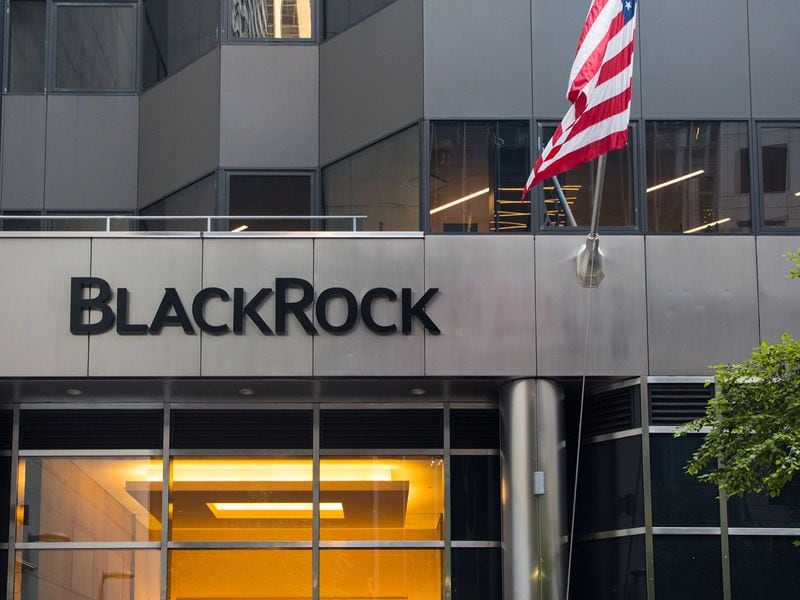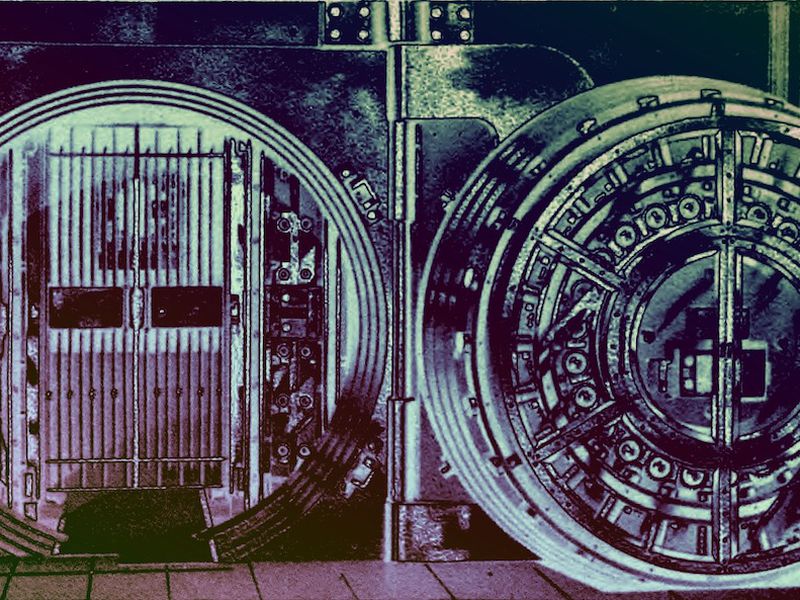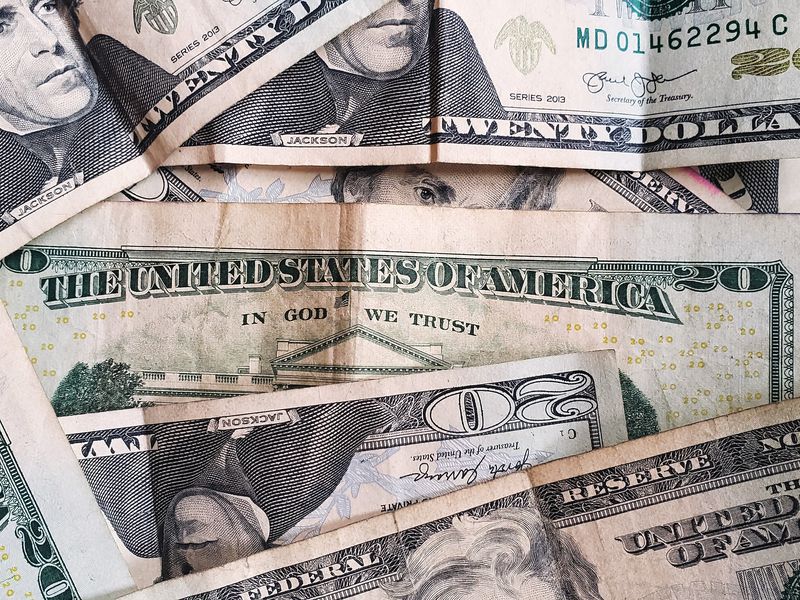The Post-Trust Election: CoinDesk Hits the 2020 Campaign Trail
Illustration by Sonny Ross
The 2016 election was a rude awakening for anyone with faith in democracy. From the Cambridge Analytica scandal to fake news to candidates vowing to contest the results to various shady hoaxes on Election Day itself, there was no shortage of shenanigans. By the end, there was a pervasive sense that traditional certainties were no longer certain. Democracy – which depends on a consensus version of the truth, even if people disagree about its meaning – could no longer be trusted to do its job of representing the public’s will.
This is just one way in which trust is receding these days. Americans’ views of corporations, government, the parties, banks and, yes, the media, have never been worse. Edelman’s Trust Barometer, which polls citizens on their faith in institutions, is an annual tale of America losing a common sense of itself and, more fundamentally, of what is objectively true.
Technology is partly responsible for this, splitting us into echo chambers of mutual outrage. In a few short years Facebook, to take one glaring example, has gone from being a boon for participative democracy (remember all those techno-hopeful stories about the Arab Spring?) to being a disinformation vehicle for enemy powers and politicos in expensive tailoring.
But technology, including blockchain, can also offer potential solutions, creating forms of trust that don’t require us to actually trust each other. As Edward Snowden himself has said regarding blockchain, “In a world full of shifty bullshit, being able to prove something is true is a radical development.”
CoinDesk’s Post-Trust Election package isn’t – in case you’re worrying – a long encomium to blockchain tech. We don’t think a hash-linked chain of anything can fix democracy. Not on its own, anyway. But we do think blockchain, as an idea, and as a community of people interested in solving things, can help. As my colleague Marc Hochstein likes to say, “Blockchain may not be the solution, but it’s asking the right questions.”

This Post-Trust election package, which starts today and runs through November, aims to do two things. First, we want to give a sense of where the candidates stand on questions like Libra, how we should regulate crypto, whether we need a federal privacy law, how we should deal with Big Tech dominance and – perhaps most importantly – how to respond to central bank digital currencies like the yuan project, which, according to many, could threaten the dollar’s sacred position as the world’s default value-transfer medium. Second, we want to explore issues like deep fakes, fake news, blockchain voting and crypto-denominated campaign finance, pointing to their perils and talking to experts about potential solutions.
The takeaway from talking to most of the campaigns – as Michael J. Casey writes in an opinion piece – is that mainstream pols have yet to take much of this agenda very seriously. As you can see in the illustration here, there is a distinct lack of engagement on many issues that matter. Often the candidates have little to say policy-wise (shades of yellow) or nothing at all to say (shades of black).
While Elizabeth Warren and Bernie Sanders want to break up Big Tech (with unknown consequences), Joe Biden wants to overturn Section 230 (which absolves social media from responsibility for their content) and Pete Buttigieg, Amy Klobuchar and others have voiced support for a privacy law, the digital dollar and Libra questions are largely off the table for now. For candidates who like to rail against what the modern financial system has become, it’s strange that most have little to say about the future of money. Bitcoin, Libra and the e-yuan all offer ways to improve on the status quo, and perhaps, if we make the wrong decisions, to make it worse.
We hope the 2020 candidates, and voters, will wrestle with these issues in the coming months as the election cavalcade rolls on, and the importance of these issues becomes ever more apparent. We’ll have more content around these questions and welcome ideas about subjects we should cover.
Disclosure Read More
The leader in blockchain news, CoinDesk is a media outlet that strives for the highest journalistic standards and abides by a strict set of editorial policies. CoinDesk is an independent operating subsidiary of Digital Currency Group, which invests in cryptocurrencies and blockchain startups.









